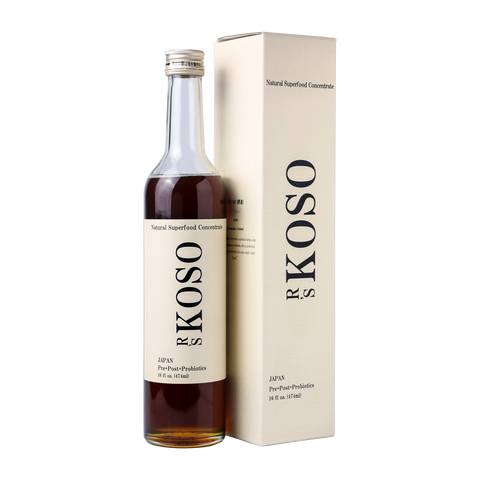By now we are familiar with the wonders of gut health and the gut-brain axis. There is a strong relationship between the microbiota-gut-brain axis and cognitive functions. Alzheimer's disease is the most common type of dementia. It is a progressive disease beginning with mild memory loss and possibly leading to loss of the ability to carry on a conversation and respond to the environment.
New studies have suggested the alteration of composition in the gut microbiome may cause an onset of certain human diseases, one of which is Alzheimer’s disease. We know that in the past, high-fat diets, administration of antibiotics, and also lack of probiotics or prebiotics in diet increased the risk of Alzheimer’s disease.
There is now a different study that suggests the role of probiotics in relieving the progression of Alzheimer’s disease. Although the specific pathogenies of Alzheimer’s disease are unknown, it is understood that there is some sort of inflammatory pathway with amyloid beta oligomers, tau aggregates, plaques, and oxidative stress that play a critical role in the underlying mechanism of cognitive deficits, neurodegeneration, and Alzheimer’s disease.
Based on a meta-analysis, 5 studies with 154 subjects in the probiotic consumption group vs 143 subjects in the control that didn't consume probiotics. In general, the meta-analysis revealed that there is a significant difference with regard to cognitive improvement in the probiotics group and the control group that didn't consume probiotics. Increased neuroinflammation and oxidative stress were observed in participants with Alzheimer’s disease and cognitive deficits.
The gut microbiome may play an important role in the pathogenesis of Alzheimer’s disease through the mind-gut-brain axis, indicating that restoring gut microbiome homeostasis may induce beneficial effects on the progressions of Alzheimer’s disease. Based on a study, Athari Nik Azm has indicated a reduction in the amount of inflammation and oxidative stress observed in Alzheimer's in the probiotics group.
In animal studies, probiotics administration increased species bacterial richness in the gut microbiome and increases short-chain fatty acids levels, reduced inflammatory markers, and improved cognitive functioning in Alzheimer’s models in multiple studies. These results suggest probiotics may exert health benefits through their anti-oxidative and anti-inflammatory effects with regard to Alzheimer’s disease.
In conclusion, meta-analysis indicated that probiotics consumption enhanced cognition in subjects with Alzheimer’s disease by decreasing the level of inflammatory and oxidative biomarkers. Although this is a great discovery, this is still a very novel discovery. There isn’t sufficient randomized clinical trial evidence at the moment.
R’s KOSO is a Japanese fermented beverage that is rich in ample nutrients. It ferments over 100 gluten-free plant foods including dark leafy greens, mushrooms, seaweeds, and fruits for over one year to yield a beverage boasting probiotics, prebiotics, and postbiotics as well as minerals and vitamins. Enjoy one tablespoon of original R’s KOSO in 50ml water or one teaspoon of R's KOSO lower sugar in 30 ml water with meals to improve digestion and source of probiotics.

